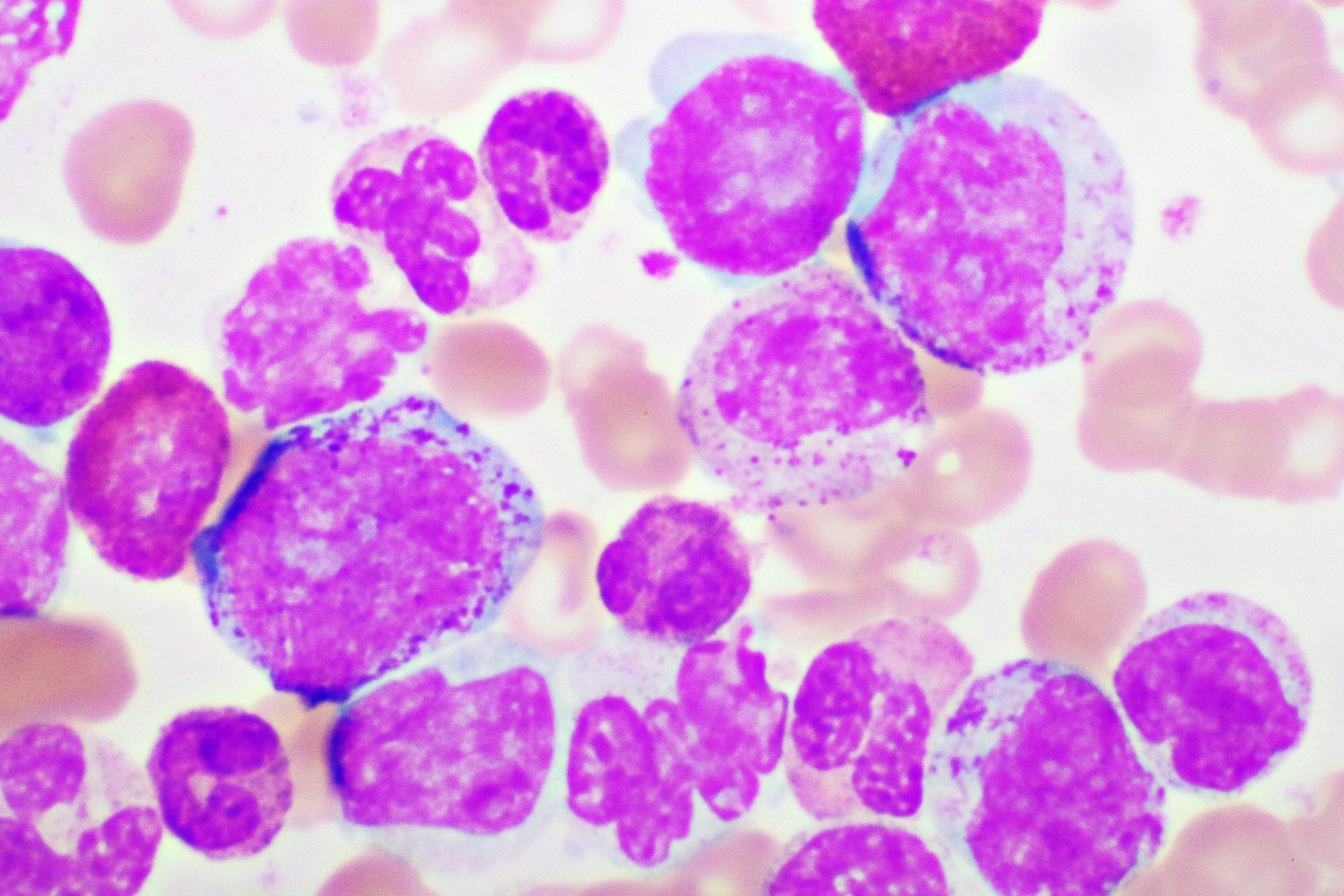
As tyrosine kinase inhibitors (TKIs) have become available to patients, survival for those with chronic myeloid leukemia (CML) has significantly improved in the past 18 years, but it remains lower in underserved populations, according to a presentation at the 14th International Congress on Myeloproliferative Neoplasms.
“Though survival has improved for all patients, patients from traditionally underserved populations, including those who are underinsured or from low-income or low-education areas, have reduced survival,” the investigators, led by Victoria Vardell, MD, of the University of Utah, wrote.
Dr. Vardell and colleagues examined survival outcomes in patients with CML as multiple TKIs, including imatinib, dasatinib, nilotinib, bosutinib, and ponatinib, have been made available since the first TKI approval in 2001. They also sought to identify disadvantaged socioeconomic and demographic groups, which continue to have disparate survival.
The researchers identified CML patients diagnosed between 2004 and 2019 in the National Cancer Database and compared demographic and treatment characteristics by era of TKI availability. They then used regression analysis to compare overall survival (OS) for patients who did not receive transplant by year of diagnosis, adjusted for age, Charlson-Deyo comorbidity index, race, sex, insurance, and quartile of income and education level of the patient’s zip code.
The results showed that survival at one, five, and 10 years was improved for each succeeding era of diagnosis: 2004 to 2005 (the imatinib era), 2006 to 2011 (the dasatinib/nilotinib era), and 2012 to 2019 (the bosutinib/ponatinib era), with a five-year OS of 66%, 71%, and 76%, respectively (P<.001).
Multivariate cox regression adjusted for year of diagnosis identified the features associated with reduced OS as age (hazard ratio [HR], 1.05; P<.001), increased comorbidity burden (HR, 1.34; P<.001), uninsured status (HR, 1.95; P<.001), and lowest quartile of median income (HR, 1.15; P<.001) and education (HR, 1.19; P<.001).
“Continued advances in treatment and efforts to improve access to care for underserved populations is vital in the goal to achieve equitable survival outcomes in CML,” they concluded.
Reference
Vardell V, Sobieski C, Tantravahi, S. Trends in frontline treatment and overall survival in the era of targeted tyrosine kinase inhibitor therapy for chronic myeloid leukemia. Presented at the 14th International Congress on Myeloproliferative Neoplasms. Abstract #126. October 27-28, 2022.


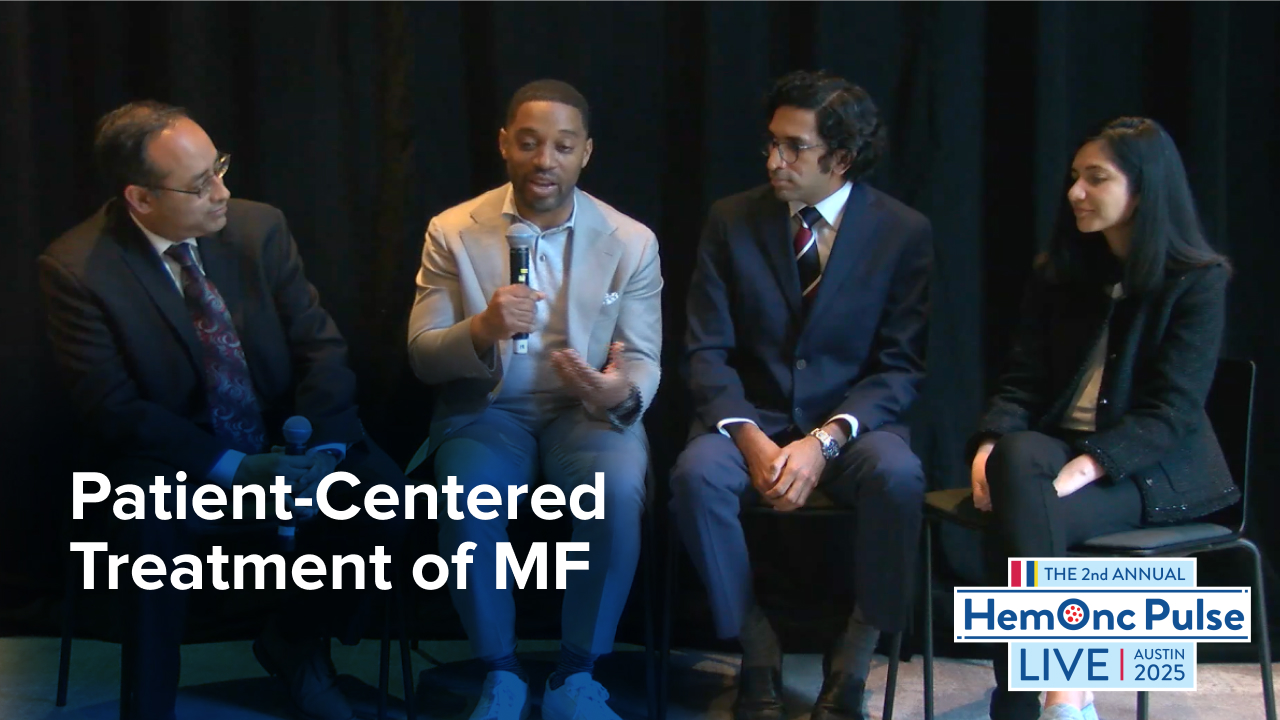
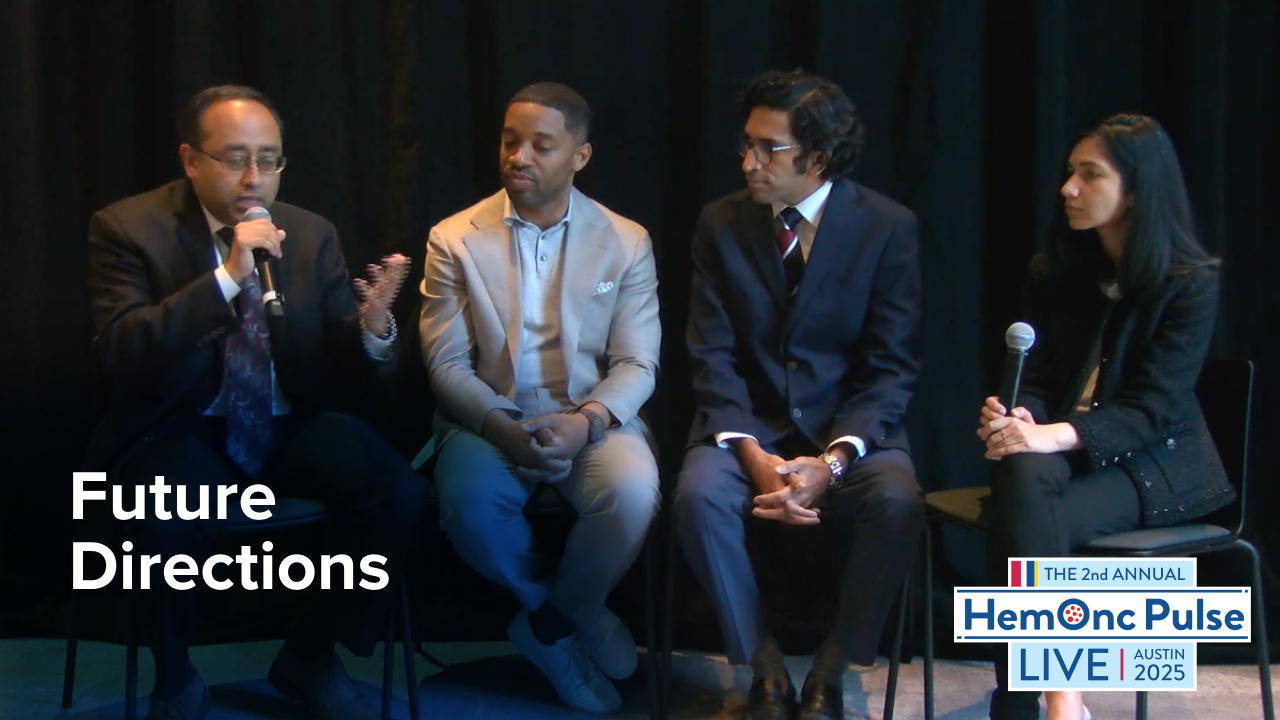
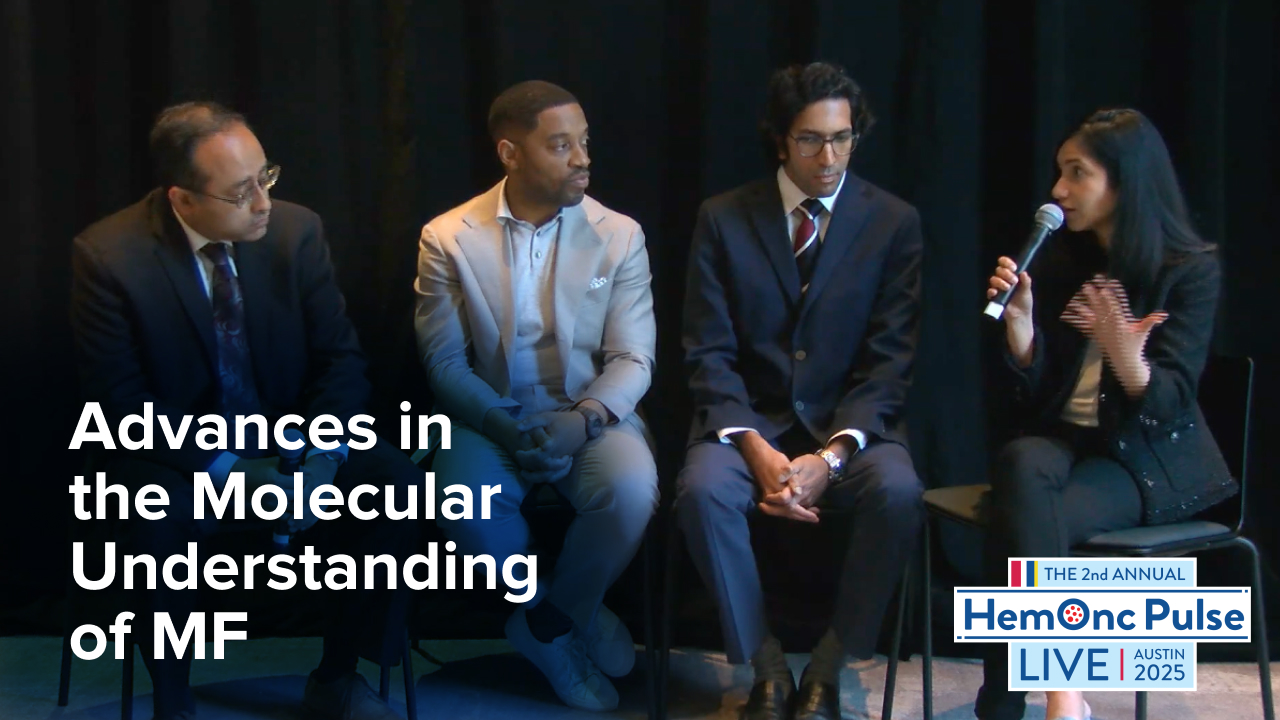
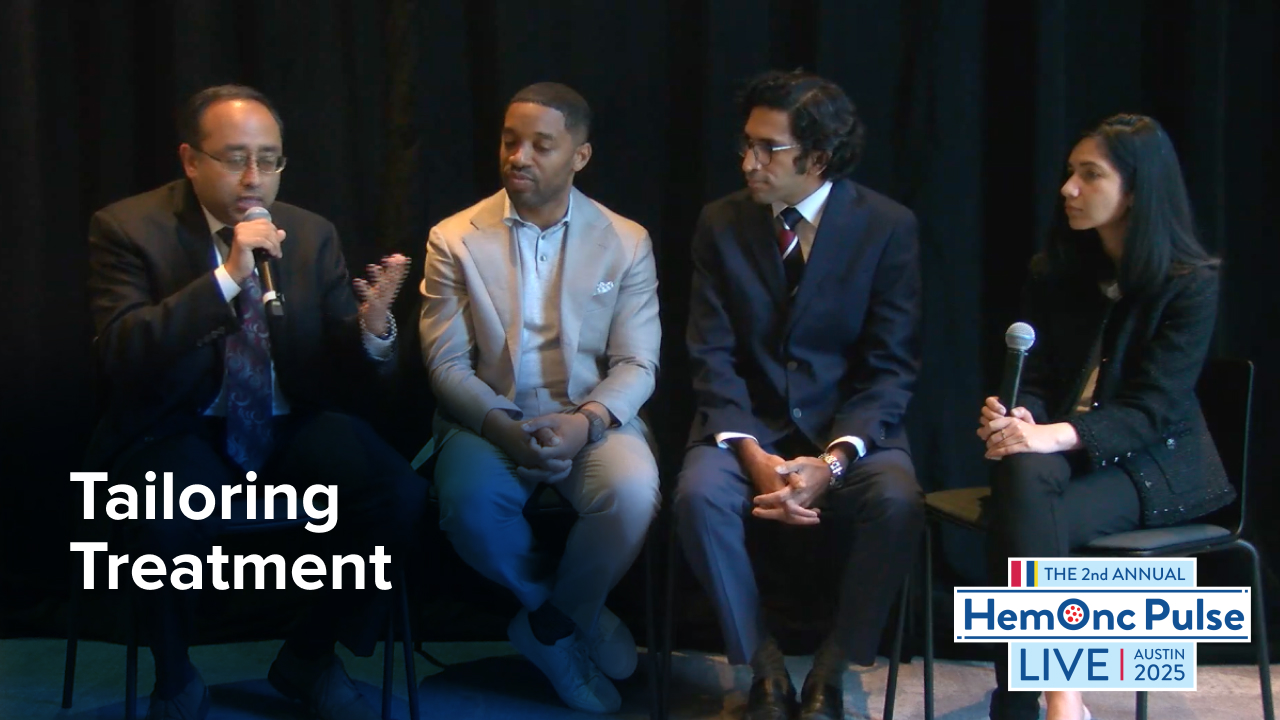
 © 2025 Mashup Media, LLC, a Formedics Property. All Rights Reserved.
© 2025 Mashup Media, LLC, a Formedics Property. All Rights Reserved.